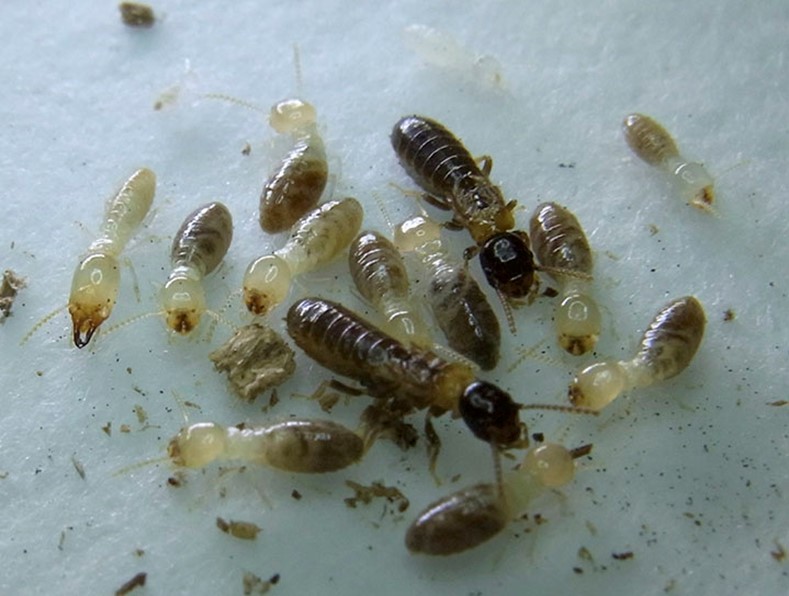DATE2022.01.19 #Press Releases
Deciphering the genomic information of highly social termites
Disclaimer: machine translated by DeepL which may contain errors.
~Gene duplication is a driving force in the evolution of sociality~.
National Institutes of Natural Sciences, National Institute for Basic Biology
University of Toyama
Graduate School of Science, The University of Tokyo
Keio University
University of the Ryukyus
Summary
Termites are known as pests that cause damage to houses, but they are insects characterized by a sophisticated class (caste) system and are outstanding research material for studying the evolution of sociality. Within a termite colony, individuals with different morphologies and roles - queens and kings, soldiers and workers - divide and collaborate, contributing to the prosperity of the colony. Elucidating the mechanisms that led to the evolution of such advanced sociality is considered one of the most important issues in modern biology.
A research group led by Professor Shuji Shigenobu of the National Institute for Basic Biology, Full-time Lecturer Yoshinobu Hayashi of Keio University, Associate Professor Kiyoto Maekawa of the University of Toyama, Professor Toru Miura of The University of Tokyo, Professor Takeshi Tokuda and Researcher Masaru Hojo of the University of the Ryukyus, and others have successfully decoded the genome information and conducted large-scale caste-specific gene expression analysis in the widely distributed "Yamato Termite" in Japan. They have succeeded in deciphering the genome information of the termite "Yamato termite," which is widely distributed in Japan, and in conducting a large-scale gene expression analysis by caste. The results revealed that gene duplication plays an important role in the evolution of termite sociality. We found that duplicated genes tend to have different expression patterns in different castes. Many such duplicated genes were found to have functions related to sociality, such as chemical communication and social immunity and defense. The idea that gene duplication is the driving force behind evolutionary innovation is widely accepted among evolutionary biologists, but this study is quite groundbreaking in that it provides genome-wide evidence of a link between gene duplication and the evolution of sociality. The genome information obtained in this study will be very useful as basic information for pest control, as Yamato termites are one of the most damaging termites to Japanese houses. The results were published in the journal Proceedings of the National Academy of Sciences of the United States of America (PNAS ) on January 19, 2022.

Figure: Early developmental colony members of the Japanese termite, A. japonica. The two black individuals in the center are wingless reproductive insects (queen and king), and the remaining individuals are their offspring. The individual with the large jaw on the far left is the soldier; all others are workers. Soldiers and workers have no eyes or wings.
For more information, please visit the website of the Institute for Basic Biology.


